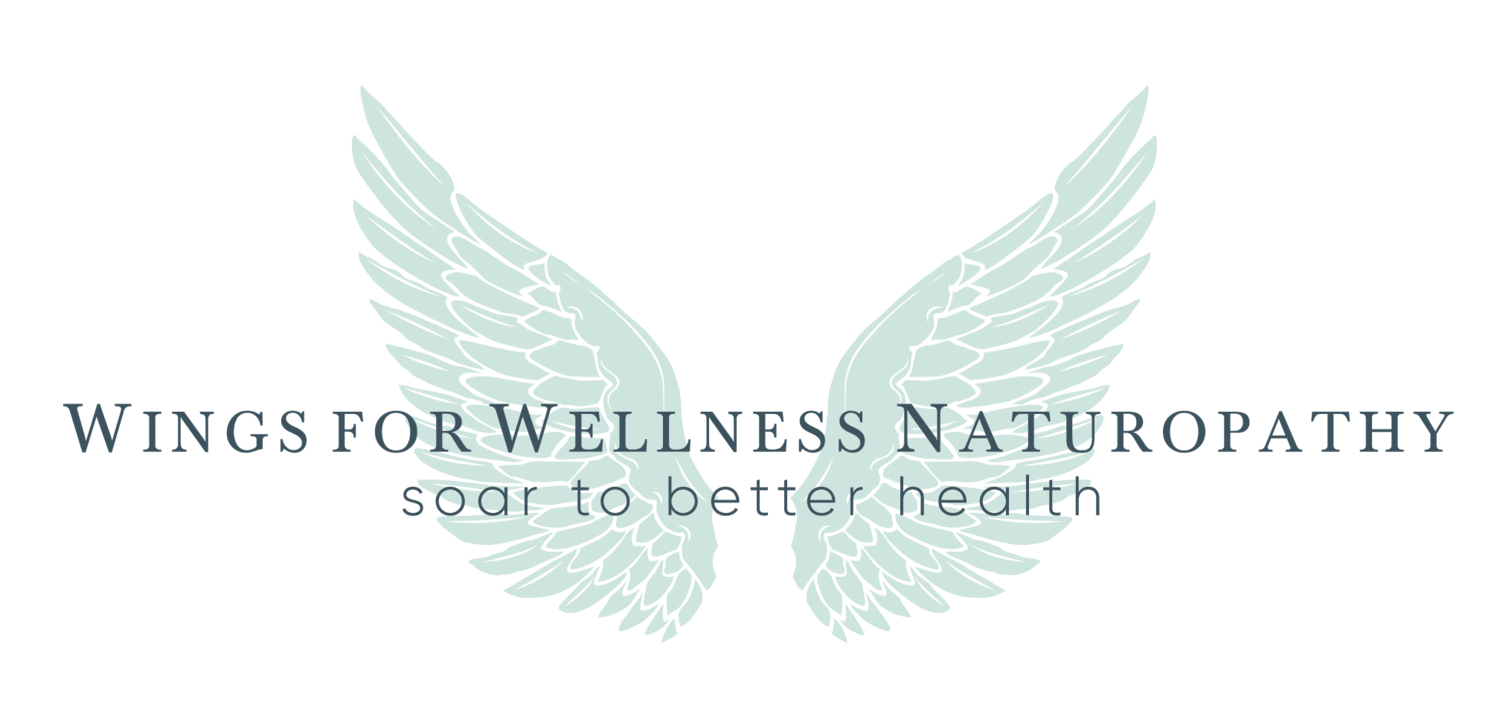Gut Feelings
It's a really bizarre concept... microbes in our intestines are controlling how we think and behave.
Can it really be true? Yes, absolutely, yes.
There are many different ways that gut bacteria can affect our mood and how we act. Let's look at just 4 of them today.
1. Alcohol producing bacteria
There are some types of bacteria within us that produce alcohol. When these overgrow and become pathogenic, they can end up producing quite a bit of alcohol and can even make us feel intoxicated.
It is referred to as "Auto brewery Syndrome" or "Gut Fermentation Syndrome" and the signs and symptoms are alcohol intoxication due to consuming high amounts of sugar or high carbohydrate foods.
Sugar acts as a food source for these types of bacteria causing an overgrowth and the overproduction of alcohol.
Quite often, a person may not be experiencing a "sugar high" from consuming too much sugar. Instead, they could be feeling the effects from the alcohol producing bacteria.
This also impacts the liver as it places extra stress on detoxification and can result in Non Alcoholic Fatty Liver Disease (NAFLD). Over 60% of NAFLD cases are caused by alcohol producing bacteria.
Whilst working with a health care professional to improve the heath of the gut, sugar must be cut out of the diet.
2. Bacteria that causes inflammation
In general, bacterial imbalances will cause inflammation and have a negative effect on your mood and behavior.
There are some types of bacteria that will target particular parts of the body and this is what happens with children who have PANDAS (Pediatric Autoimmune Neuropsychiatric Disorder Associated with Streptococcus).
In these cases, the strep bacteria triggers the immune system to send inflammation to the Basal Ganglia within the brain.
The Basal Ganglia controls our mood, emotions, behavior, ability to learn, motor movements and controls our senses. When there is inflammation within the Basal Ganglia you will see obsessive compulsive disorder, anxiety, rage, developmental regression, handwriting changes, clumsiness, memory issues, learning problems (especially with maths) and sensitivity to sounds, lights, smells, tastes and textures.
3. Bacterial imbalance
In 2017 an amazing study was conducted that looked at the diversity of gut bacteria in patients diagnosed with ADHD.
It is well known (and well researched) that those with Autism Spectrum Disorder and ADHD have imbalances and dysregulation within their microbiome (the entire collection of bacteria). This study looked at gut bacteria diversity and MRI brain scans and looked for a connection.
They found that these patients had high levels of Bifidobacterium within them and that this was affecting the production of the neurotransmitter, Dopamine.
When Dopamine is low you will see hyperactivity and impulsiveness. It is already well documented that low Dopamine occurs in those with ADHD and this study helps to understand why this is.
Many neurotransmitters begin to be made, or are made, within the gut by bacteria. When there are imbalances in the diversity of bacteria, it will affect the production process causing fluctuations in neurotransmitters.
Poor diversity of gut bacteria will also cause chronic fatigue and low mood. Improving the health of the gut by correcting imbalances and improving diversity will improve energy and all aspects of health and well-being.
4. The Gut-Brain axis.
The vagus nerve connects the gut to the brain. This allows your gut bacteria to communicate with the brain and vice versa.
It it like a two way highway where messages can be sent back and forth.
Mental Health issues can stem from poor gut health and this is because of the messages that certain bacteria (or microbes) can send via the vagus nerve.
If there is any kind of anxiety, depression, nervousness, compulsiveness, paranoia or other mental health concerns, supporting the gut must be incorporated for better health outcomes.
